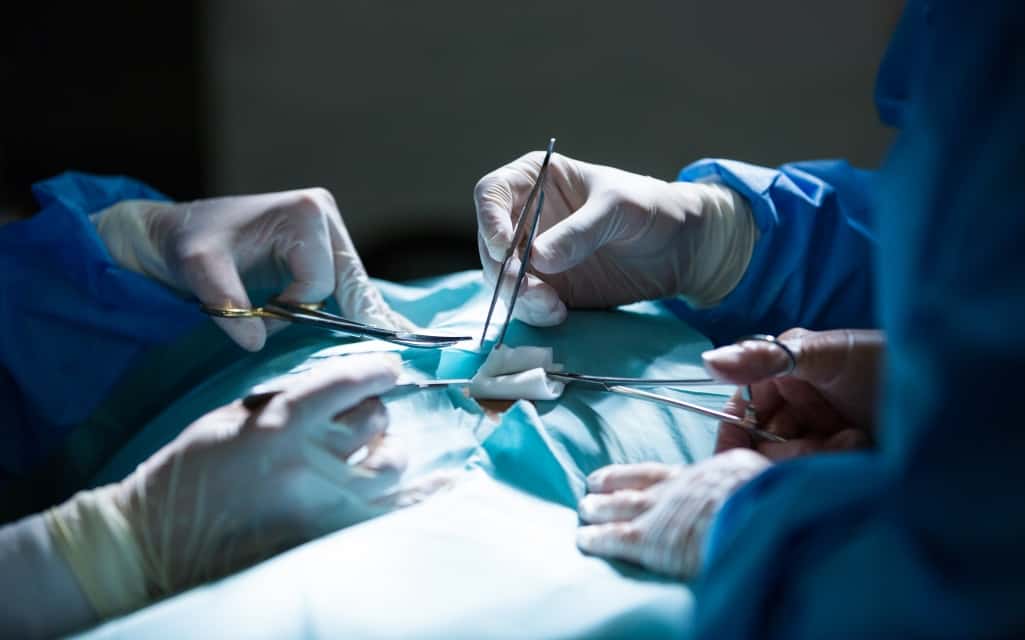Surgery is a discipline of medicine that focuses on treating diseases or disorders by cutting, removing or replacing parts of the body through an operative procedure that involves opening the body for therapy. However, with the recent advanced technology, the technique can be conducted without necessarily opening the body. Surgery or operation can be divided into two broad categories. These include;
Minor Surgery
This is an operative procedure in which skin, mucous membranes and connective tissues are cut. It often takes a short period with little risk to the life of the patient. Examples include skin graft, Tonsillectomy, Prostatectomy, leg vein treatment, cervical loop excision biopsy, biopsy of growth, mole removal, tooth extraction and others.
Major Surgery
It involves extensive recession into the body cavity to open up the mesenchymal barrier. The operation is often involving a can take 2 -6 hours. Major surgeries are performed by highly trained and specialised doctors known as surgeons due to the risks involved. There is usually high blood loss and risk of infections which can lead to loss of life. Example include kidney, heart or liver transplants, and removal of a brain tumour.
Reasons for conducting surgery
Due to the high risks involved surgical operation is usually recommended when other treatments have proven to be unsuccessful. Notwithstanding, in many situations, patients allowed to make their own decisions even though the procedure is not necessary to prevent or cure disease. In the event of an emergency, doctors are allowed to conduct operations without patient approval to save their lives. Such scenarios may include;
- Treating or repairing broken limbs
- Removing body parts that have malfunctioned
- Removing foreign objects such as shrapnel’s or bullets
- Removing a baby in a complicated birth through caesarean section
Planned surgeries are conducted after consultation with a surgeon regardless of whether it is medically undesirable or medically necessary. Cataract surgery is an example of an elective medical procedure while breast surgery is a cosmetic procedure.
Qualifications of Surgeons
Before surgeons are allowed to practice they must meet some fundamental requirements. These include;
- First, they must qualify as doctors with a basic medical degree from a recognised higher institution of learning. These include Bachelors, Masters or PhD.
- They must practice in accredited health facilities. Generally, this includes 3-8 years of medical residency.
- They must receive board accreditation. Here they acquire specific surgical qualifications such as Fellowship of the Royal College Surgeons (FRCS) OR Membership of the Royal College Surgeons (MRCS. They occur when a surgeon has satisfactorily completed an approved residency training program and has passed a rigorous speciality examination.
Types of surgery
Over the two last decades, the development of cutting edge technology has led to the development of new types of surgical operations. Now more than ever surgeons can conduct all treatments that require the opening of the body without risking the lives of patients. Moreover, effective anaesthetic or sedation drugs have made the procedure even less painful. The following are examples of some common types of surgeries;
- Cataract surgery
- Breast biopsy
- Heart surgery
- Mastectomy
- Kidney surgery
- Prostatectomy
- Partial colectomy
- Hysteroscopy
- Body contouring surgery



